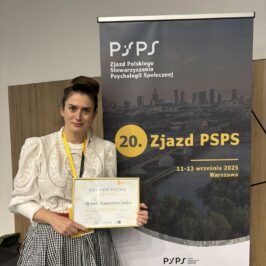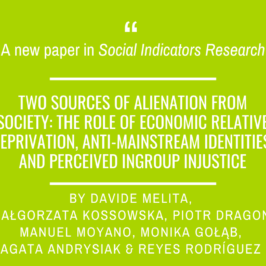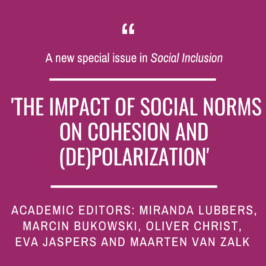A new paper in Journal of Cross-Cultural Psychology!
The aim of this research was to investigate the interrelationships between regional, national, and European identities in Spain, employing the social identity complexity model and the dual model of national identification. Findings from two correlational studies conducted in the two largest Spanish autonomous communities, the more pro-European Castile and León and the less pro-European Andalusia (total N = 1,214), consistently indicated a negative relationship between the complexity of regional-national identity and European identification. Moreover, this relationship was primarily mediated by national identification. Consequently, the results suggest that what matters and contributes to higher-order group identification within nested groups is the similarity and overlap between memberships in lower-order groups, as indicated by lower identity complexity. Furthermore, these studies consistently demonstrate that when controlling for common variance, only more open national attachment, as opposed to more exclusive and closed glorification, positively contributes to European identification.
Well done!
Link to the article: https://journals.sagepub.com/doi/10.1177/00220221251347976







